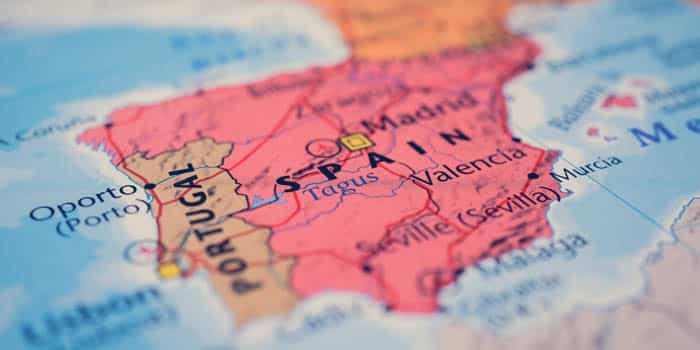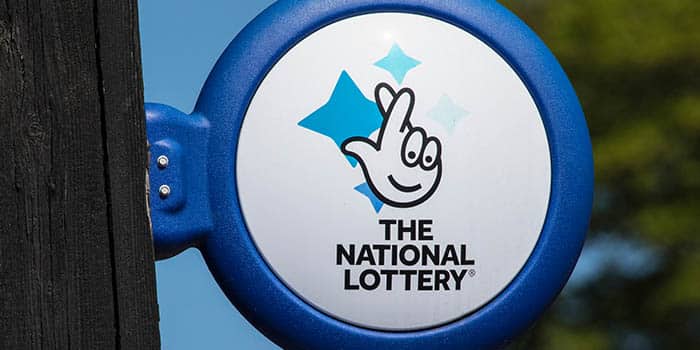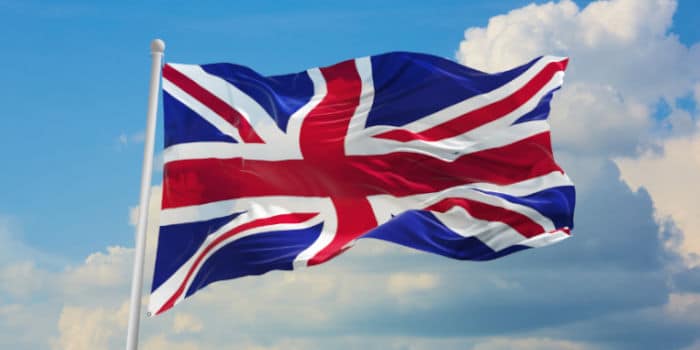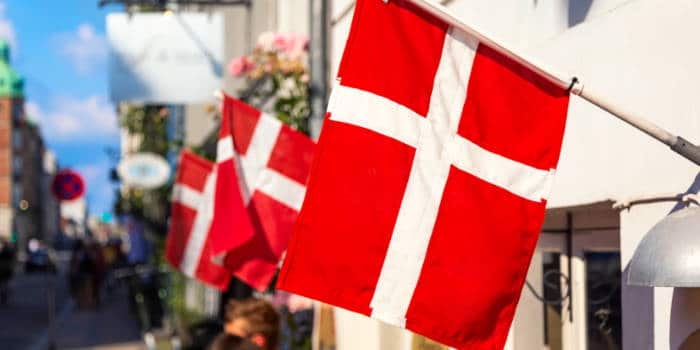- Casino
- By State
- Alabama
- Alaska
- Arizona
- Arkansas
- California
- Colorado
- Connecticut
- Delaware
- Georgia
- Florida
- Hawaii
- Idaho
- Illinois
- Indiana
- Iowa
- Kansas
- Kentucky
- Louisiana
- Maine
- Massachusetts
- Maryland
- Michigan
- Minnesota
- Mississippi
- Missouri
- Montana
- Nebraska
- Nevada
- New Hampshire
- New Jersey
- New Mexico
- New York
- North Carolina
- North Dakota
- Ohio
- Oklahoma
- Oregon
- Pennsylvania
- Rhode Island
- South Carolina
- South Dakota
- Tennessee
- Texas
- Utah
- Vermont
- Virginia
- Washington
- West Virginia
- Wisconsin
- Wyoming
- By State
- Slots
- Poker
- Sports
- Esports
UKGC Proceeds with Credit Card Gambling Ban to Boost Protection

Long in the making, a credit card ban related to the online gambling industry in the United Kingdom is now under way, with regulators and lawmakers agreeing to give the measure the go-ahead.
UK Gambling Commission to Proceed with Credit Card Ban
Amid tightening regulatory measures, the UK Gambling Commission is taking another stab at player protection, this time by banning all credit card gambling. The measures will come into effect on April 14, 2020, suspending all gambling-related transactions using a credit card, and it is an anticipated move as we reported yesterday.
The decision follows after a push from charity groups such as GambleAware and Citizens Advice, which have been staunch proponents of restricting gamblers’ access to fast-and-lose payment options over the past two years.
We are banning gambling with credit cards to make gambling safer and reduce the risk of consumers experiencing gambling-related harms. Read the full details here: https://t.co/pBGUggypoy pic.twitter.com/I6O1QGjdEE
— Gambling Commission (@GamRegGB) January 14, 2020
Specifically, GambleAware claimed that, by allowing people to bet with credit cards, business and lawmakers were turning a blind eye to gambling addiction. Among the affected websites will be household names, such as PokerStars, 888, Bet365 and Betfair.
All of these companies allow players to deposit using credit cards and thus run the risk of sending people into debt. On the flipside, however, all of the aforementioned brands have been role models of player protection measures over the years, acknowledging mistakes if such happened at all.
In one case where a gambler was allowed to rake up debt, however, one Katie, a 42-year-old accountant, managed to spend £125,000 using her credit card in a few months in 2017, with the names of LeoVegas and Casumo involved, prompting the regulator to step in and take action. Katie went on a £54,000 loss spree as well as torched £380,000 in another session, pointing to lack of compliance with established regulatory norms.
Significant Financial Harm, PayPal to Be Suspended
Commenting on the measures, UK Gambling Commission chief Neil McArthur said that credit cards could lead to “significant financial harm,” and that by introducing the new measure, the risk of people developing a gambling addiction is reduced:
“The risks of harm to consumers from gambling with money they do not have.”
The measures will most likely also lead to the suspension of services such as PayPal, which was also targeted in Germany. PayPal is historically one of the most reliable and law-abiding payment processors in the world.
Today we’re annoucing a ban on gambling with credit cards, recognising the particular risks of harm from betting with money you don’t have…and as we do so, delivering on a @Conservatives manifesto commitment https://t.co/27TIH3Kg7L
— Helen Whately (@Helen_Whately) January 14, 2020
In fact, if PayPal accepts payments from a gaming website, it means that the said website is almost without a doubt a legal and regulated place to gamble.
Meanwhile, Minister of Culture, Helen Whately commented on the measures arguing that there was “clear evidence of harm from consumers betting with money they do not have.” She further added:
“In the past year we have introduced a wave of tougher measures, including cutting the maximum stake on fixed odds betting terminals, bringing in tighter age and identity checks for online gambling and expanding national specialist support through the NHS Long Term Plan.”
Despite the progress achieved so far, more measures are underway. Whately explained that some £100 million has been secured to cover the needs of gamblers who undergo addiction treatment.
Statement from @BrigidSimmonds following the announcement by the @GamRegGB https://t.co/pryn9Yx2zN
— Betting and Gaming Council (@BetGameCouncil) January 14, 2020
SNP MP Ronnie Cowan cautioned that the new measures were very welcome, they shouldn’t put regulators and lawmakers at ease and that a renegotiated Gambling Act would most likely have to be considered.
Betting and Gaming Council head Brigid Simmonds expressed hopes that by being cut off from using their credit cards to play, players would also exercise self-awareness and analyze the decision as to make better informed decisions in future regarding how much they spend on gambling.
Stoyan holds over 9 years of esports and gambling writing experience under his belt and is specifically knowledgeable about developments within the online scene. He is a great asset to the Gambling News team with his niche expertise and continual focus on providing our readers with articles that have a unique spin which differentiates us from the rest.
Must Read
Legal
June 26, 2025
Entain Loses Trademark Battle in EU Copyright Clash
More Articles








Industry
June 30, 2025
Stakelogic and Spillehallen.dk Sign Strategic Deal

Lottery
June 30, 2025
Norsk Tipping CEO Resigns Amid Lottery Scandal

Casino
June 30, 2025
DIMOCO Enters Germany iGaming Market with Neo.Bet

Legal
June 26, 2025
Entain Loses Trademark Battle in EU Copyright Clash

Industry
June 26, 2025
Spain’s Gambling Ad Ban Cuts New Accounts by 55%

Casino
June 26, 2025
ANJ Acknowledges Real Progress in 2024 Activity Report

Casino
June 26, 2025
R. Franco Digital Heads for Italian Market with 888.it








